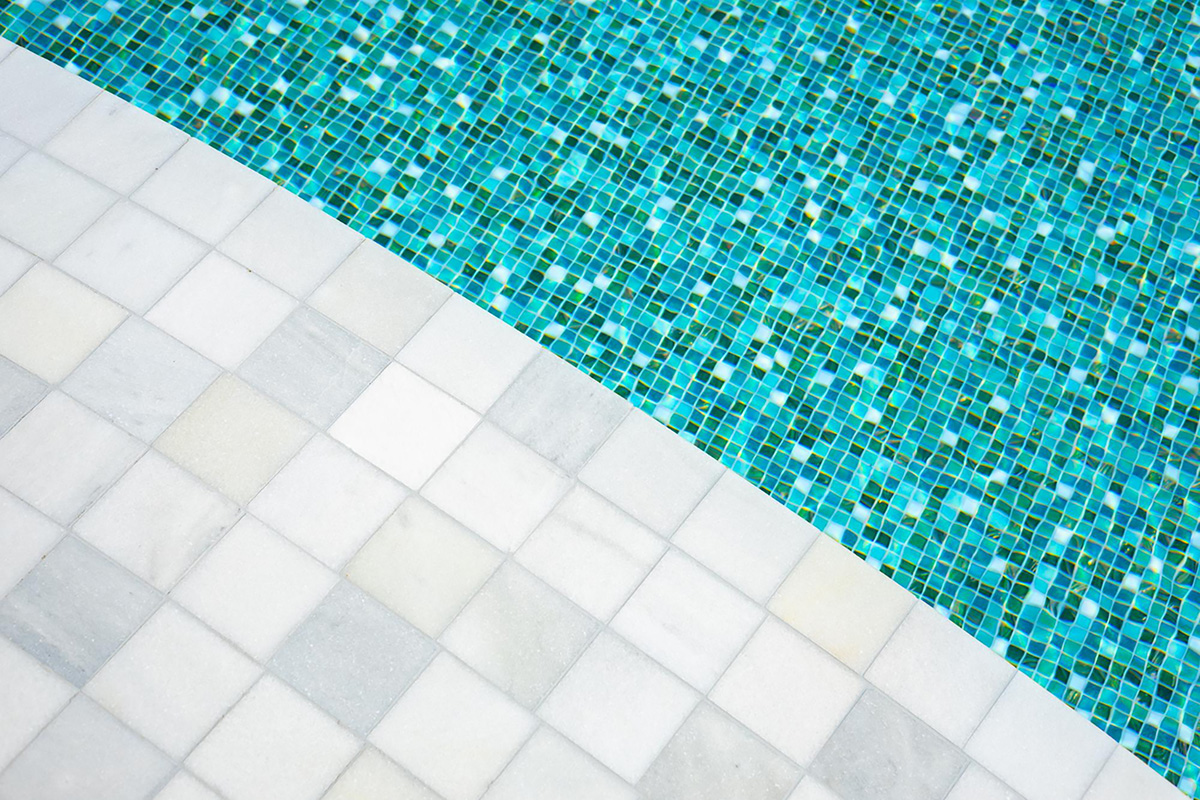
Nothing beats the feeling of taking a dip in crystal-clear water of a well-maintained pool. However, if you notice unsightly white deposits forming on your pool tiles or waterline, then it's time to address the issue of calcium scaling. Calcium deposits are caused by hard water, and they can make your pool look dirty while also damaging your pool's filtration system. Therefore, in this blog post, we will be discussing the most effective ways of removing calcium scaling from your swimming pool.
1. Acid Wash Method
The most common way to remove calcium scaling is through an acid wash. It's a highly effective method that requires the use of muriatic acid to dissolve the calcium deposits. However, it’s important to practice caution when handling this dangerous chemical. The process involves draining your pool, applying the acid solution to the affected areas, allowing it to sit for a few minutes, scrubbing away the remaining deposits then cleaning and refilling your pool.
2. Pumice Stone Method
If you have small deposits of calcium scaling, you can use a pumice stone to remove them. Unlike chemicals, pumice stones are an eco-friendly option that can remove the deposits with minimal damage to your pool tiles. Simply wet the stone and rub it lightly over the deposits until they disappear, then rinse the area to prevent the fragments of pumice from going through the filtration system.
3. Use a Commercial Cleaner
Aside from an acid wash and pumice stone, there are several commercial cleaners in the market specifically designed for removing calcium deposits. These products are a bit costly, but they’ll save you the time and hassle of doing it manually. Just be sure to choose a reputable brand that's proven to be effective and holds no harm to your pool.
4. Salt Water System
Salt water pools have become increasingly popular, as they are far gentler on the skin and eyes compared to traditional chlorine pools. This system also has the added benefit of hindering the buildup of calcium scaling. The salt cell in the pool creates chlorine from salt added to the water instead of adding chemicals directly to the pool, preventing the formation of calcium.
5. Preventative Measures
Although Calcium scaling can happen to any pool, there are several precautions you can take to avoid it. Monitor your water balance, in particular, your calcium hardness and pH levels regularly. Keep your pool’s pH level between 7.2-7.8 to prevent the buildup of calcium scaling.
Conclusion
Proper maintenance is essential in the upkeep of any kind of investment, and swimming pool is no exception. Calcium scaling can be frustrating, but we hope that these effective methods help you tackle and prevent it from becoming a problem. If you need further assistance, don't hesitate to reach out to All Phase Pool Remodeling for professional pool remodeling services in Jacksonville, FL. Be proactive in how you take care of your asset so that you can enjoy its use for years to come.